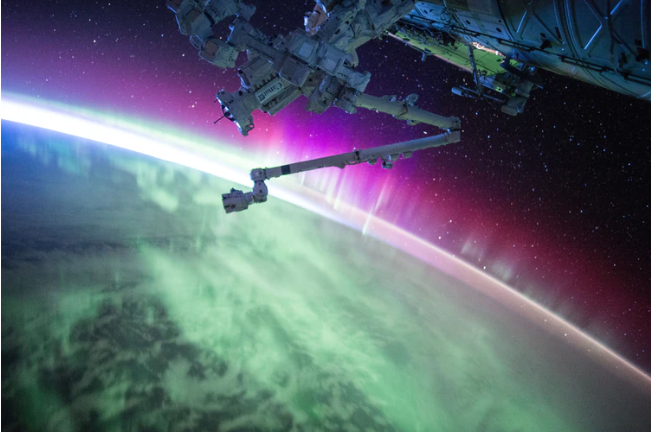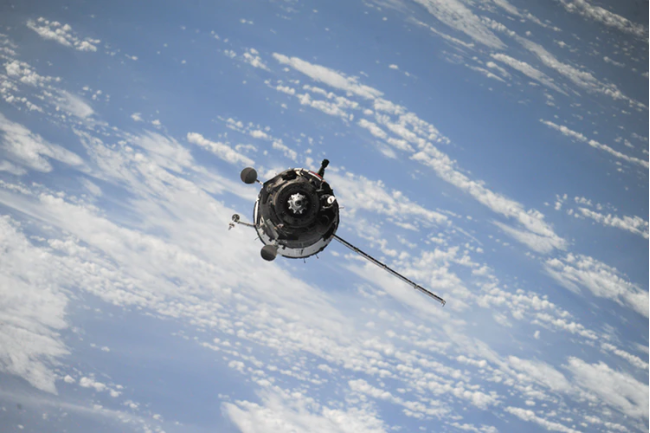Sad to say, Earth is not just the only place that humans have now slowly polluted. Even outside of the planet, like space, is currently being crowded with tons of human-made satellites. Unfortunately, this is not a good thing, and it might affect us on Earth more than we can ever imagine once satellite-launching-events frequently happen in the future.
Space now gets crowded with satellites, and it's not good news!

If you think that Earth is the only place that humans can pollute, think again. According to reports, there is a huge possibility that space is now being too crowded with satellites from companies like OneWeb, SpaceX, Amazon, Telesat, and Samsung. Though SpaceX has the most number of launched satellites as of now, it is expected to surge soon since the U.S. Federal Communications Commission has already agreed to license more than 10,000 such satellites with hundreds more under review within the said companies.
We all know that space is vast, so why would it get crowded? Though space is a very large area, satellites only have finite boundaries to be able to be used and connected to Earth. This means that the place where all satellites are usually placed can be crowded most of the time.
OH NO! Stars in the skies will be lessened once space gets crowded With satellites!

As further explained by European Southern Observatory, the impact of having too many commercial satellites in space might not just affect space itself but even on the aspect of astronomy.
Since space satellites will soon be too many for the space to handle, there's a huge possibility that it also might ruin the evident exposure of stars and other astronomy events since space satellites might cover these sightings.
"The study finds that large telescopes like ESO's Very Large Telescope (VLT) and ESO's upcoming Extremely Large Telescope (ELT) will be "moderately affected" by the constellations under development," said the study by ESO. "The effect is more pronounced for long exposures (of about 1000 s), up to 3% of which could be ruined during twilight, the time between dawn and sunrise and between sunset and dusk."
The study assumes that an estimated number of 26,000 space satellites are now roaming around in deep space. This number might be higher soon enough since most satellite companies plan to launch more commercial satellites in the future.
What should we do to prevent this from happening?
Aside from fewer sightings of astronomy events or polluting space with satellite debris, Space News detailed that the government must issue a solution to solve this serious problem in space.
"We need an international organization that protects space similar to spectrum allocation. There is an urgent need to tell operators that if you put it up, you have to bring it down - or fund some kind of independent remediation fund for space similar to the federal Superfund program the United States established in the 1980s to clean up toxic waste sites," written by Space News. "Maybe operators should be required to put up bonds based on the number of satellites they put into space."
ALSO READ: What Caused the Misstep? SpaceX Loses Track of Falcon 9 Upon Launch: Watch Historical Blooper Video of Failed Launches
ⓒ 2026 TECHTIMES.com All rights reserved. Do not reproduce without permission.




